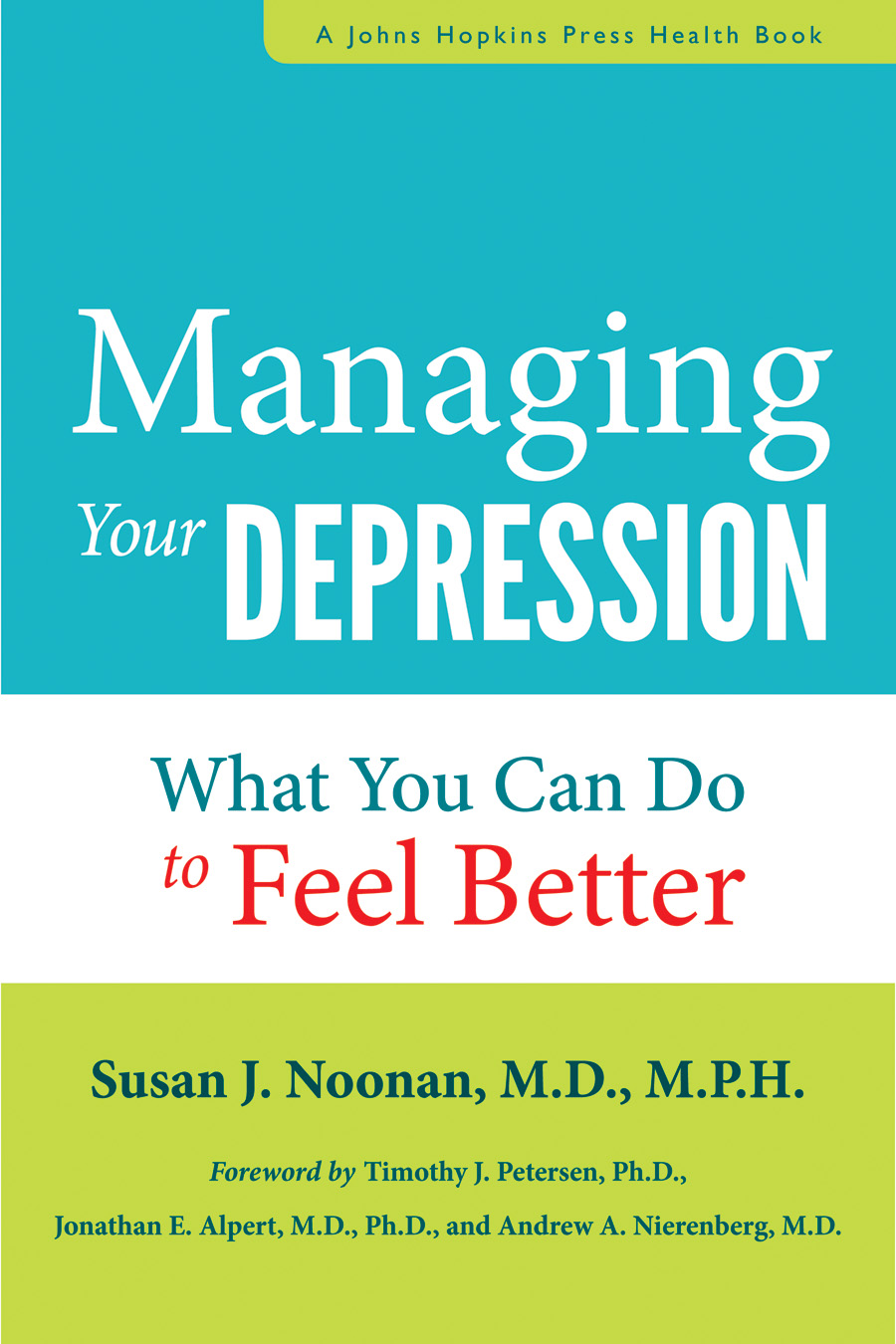Guest post by Laura Wayman, The Dementia Whisperer
In the film Still Alice, Alice Howland is a linguistics professor who endures, at the unusually young age of 50, dementia symptoms caused by a form of young onset Alzheimer’s that runs in her family. Although this type of Alzheimer’s is rare, the dementia symptoms are the same as the more common form of the disease with which more than 5 million older Americans are living.
This movie poignantly portrays Alice as she struggles with the painstaking loss of herself, including her career, individuality, cognition, and connection to the world around her with disturbing swiftness.
Watching the movie, I was primarily transfixed by the impact Alzheimer’s had on those around her as Alice faded into the darkness of dementia, specifically the effect on her three grown-up children (also at risk of the disease, which is 100% passable to offspring) and the emotional devastation experienced by her grieving husband.
Of course, every family and situation is different. If you are a caregiver, you may have been thrust into this caregiving role unexpectedly—without any training or even any encouragement. Perhaps the care is being provided at home, with or without other family or professional in-home support. Or maybe the care is provided in a specialized memory care unit, an assisted living environment, or a skilled nursing facility. Although caregiving is often inspiring and rewarding, it can also be difficult and challenging. And caring for someone with cognitive impairment can be much more difficult than caring for someone with a physical impairment who is full competent mentally and emotionally. The complications of confusion, forgetfulness, and memory loss, and the behaviors that go along with them, can be traumatic for the person with the disease and for the person providing care. Because of the dementia, neither the person involved nor the relationship will ever be the same
This disease is not just destructive to the person diagnosed with Alzheimer’s but also forever alters what family members have come to know, expect, and adore about their loved one over the years: those individual expressions and ways of interacting with which we become lovingly familiar with. The disease takes away pieces of our loved one, sneaking up little by little until family members can no longer recognize the person or the cherished relationship any more. And the toll on these family members is shattering, yet there is no end in sight, no cure, no prevention, and no way to effectively slow it down.
As The Dementia Whisperer, my mission is to provide you and all those who are caring for a loved one with any form of dementia support in the way of education, inspiration and encouragement along this challenging journey of dementia care. We are all so focused on the most horrific illness of our time (and well we should be) and the ruinous effect on those diagnosed with one of the over seventy estimated causes of dementia that we often overlook the long ranging damage inflicted on the family caregiver: the real hero of the “Alzheimer’s Generation.”
Caring for a person with dementia brings with it much more work (and stress) than caring for someone with other types of illnesses. It can be a long journey, and if caregivers do not take time for themselves, they will not be around to take care of the person with dementia. The following is the story I often share about my mother, Peggy, and is a classic example of the devastating effects of caregiver stress. She was thrust into the role of caring for my father, who was diagnosed with Alzheimer’s. When my father’s health began to fail and he began to present memory loss and other signs and symptoms of dementia, my mother stepped into the role of being his full-time caregiver. Some of her friends had been caregivers of spouses with dementia and she had witnessed what a hard and stressful job it was. I offered to help, but my mother insisted she was okay, and would alert me if his condition became unmanageable. However, in spite of this, disaster struck. One night, after two years well into the care journey, my mother and father sat down to dinner together. They were alone in their home. My mother suffered a massive heart attack. My father’s reactions to this emergency were slowed by his dementia, which was far more advanced than anyone realized. By the time help was summoned, my mom was already gone.
If only I had learned how the overwhelming stress of caring for a loved one devastates the primary family caregiver who selflessly takes on too much, refusing to ask for or accept help. This personal experience has driven my passion for education to all caregivers, both family and professional, in the awareness for caring for themselves, along with the tips and tools to assist them in effectively caring for adults with any form of dementia. My vision is to bring light into the darkness of dementia through support, encouragement, education, and hope. My book, A Loving Approach to Dementia Care, is a special guide, filled with respect, calmness, creativity—and love.
 Laura Wayman holds an associate in arts degree in gerontology and is a certified social services designee. She has over a decade of experience in and a strong dedication to quality aging. She is the director of dementia education and services for Comfort Keepers (Sacramento). the CEO of The Dementia Whisperers, Inc., and a sought-after speaker on issues of aging.
Laura Wayman holds an associate in arts degree in gerontology and is a certified social services designee. She has over a decade of experience in and a strong dedication to quality aging. She is the director of dementia education and services for Comfort Keepers (Sacramento). the CEO of The Dementia Whisperers, Inc., and a sought-after speaker on issues of aging.

